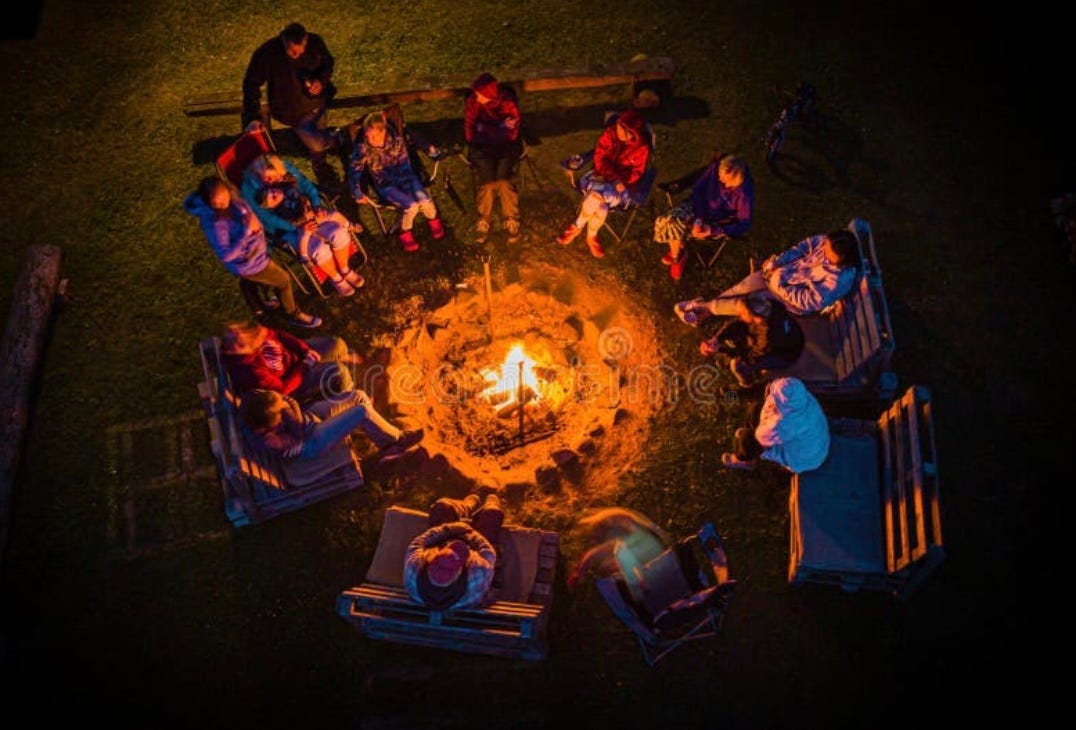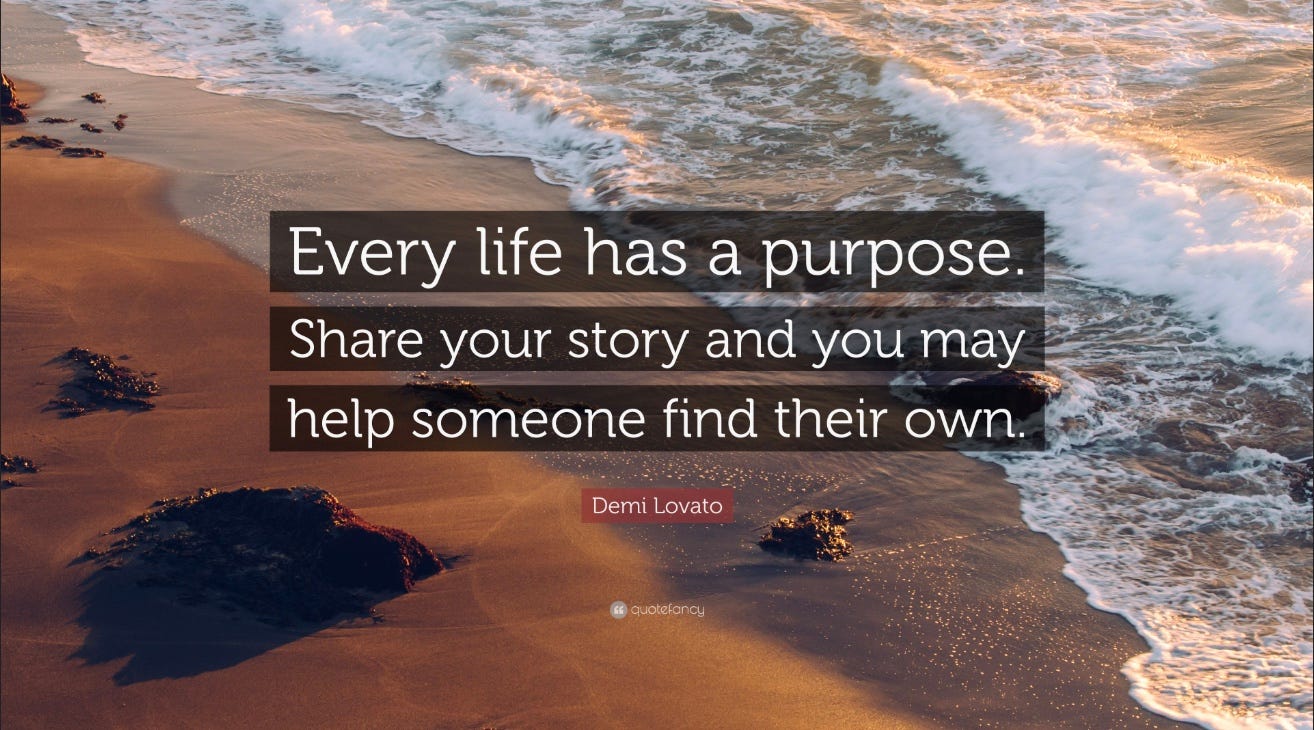The celebrated Irish actor Niall Tóibín (RIP) once hurled a round wooden tabletop across the stage at me. It glanced off the side of my leg—not that I had done anything to deserve it. He was in a rage about the script for the play they were working on, "Behan Himself"—a production he had performed on and off for years, now given a new lease of life by writer/director Michael Scott. In Niall’s words, the revised script was total "sh*t," and he spent the better part of two days making sure the cast and director knew it.
As an assistant stage manager, I had a front-row seat to all this off-stage drama. The table incident marked the peak of his frustration. Just days before opening night, Niall took a day off, rewrote the script, and returned to more or less take over the director’s role. What he did was brilliant. The revised script was sharper, funnier, and flowed effortlessly.
The production came together beautifully. The other actors had their roles, but the spotlight was squarely on Niall Tóibín as Brendan Behan, performing on a stage designed to resemble an old Dublin pub. No more tables flew across the room, but pints of fake Guinness were downed nightly in vintage glasses I had scoured the pubs of north inner-city Dublin to find—some of the same pubs where Behan himself once drank
Why is this memory on my mind? Because of something Mr. Tóibín said, a sentiment that has stayed with me ever since. He would say it with a glimmer in his eye, a childlike wonder, and a zest for life’s endless variety:
"Everybody has a story to tell," he said. "There are stories everywhere. You can just walk down the street and meet people who will tell you a new story."
Hearing this from someone as celebrated as Niall Tóibín—a man who spent his life telling stories and embodying their characters—left a lasting impression on me. He wasn’t just talking about storytelling; he was affirming that none of our lives are ordinary or dull. No matter who you are, where you’ve been, or what your background is, you have a story worth telling.
In that moment, I saw Mr. Tóibín in a new light. I understood his passion for uncovering those stories and his genuine interest in the lives of ordinary people. It wasn’t just about the theatre—it was about the humanity behind it.
That brings me to an experience I had a few years ago that has always stayed with me. I was attending a nine-day summer camp called Earth Song in County Tipperary. It was a gathering of 300 people of all ages, camping together and participating in a wide range of activities. I was part of the team coordinating activities for the young teens (13–15-year-olds).
One of our sessions was called Life Story, where someone would spend an hour with the group sharing their life story. That year, I was chosen. It was only day two of the camp, and I hadn’t yet built much connection or rapport with the group. But I was told this was their favourite activity, and sure enough, when I arrived at the small round tent, every single one of them was there, sitting expectantly.
I decided to structure my story around seven-year segments: one story from each phase of my life—0–7, 8–14, 15–21, and so on. The hour flew by, and by the end, I had formed a lasting and meaningful connection with those young teens. I hadn’t anticipated how rewarding the experience would be for me, but I felt deeply privileged to share that time with a group of young people standing on the cusp of such a transformative period in their lives.
I’ve reflected on that experience often. Why was hearing someone else’s story so universally appealing to them? And why did I gain so much in return? As coordinators, we often struggled to motivate the group to attend activities—they were understandably more interested in hanging out and flirting, given their age. But during that session, they were wonderfully attentive.
One thing I noticed was their appreciation for being spoken to as adults. I didn’t talk down to them; instead, we had an open, respectful exchange. That mutual respect created a space where everyone felt valued, and the experience was fulfilling for all of us.
Reflecting on my experience with the Life Story session at the camp, I’ve realized that storytelling is a universal bridge between people. It’s more than just sharing anecdotes; it's about connecting, understanding, and recognizing the richness in every individual’s life. The teens at Earth Song were captivated by the stories I shared, and I couldn’t help but think: What if there were a space dedicated to hearing and sharing these kinds of stories?
I’ve been pondering all this the last week, and the idea of a podcast has started to take root.
A podcast where I ask ordinary people to tell a story from their lives. The concept is simple: each guest would share stories that have shaped who they are—moments of joy, hardship, growth, and perhaps humor—that uniquely tell the story of their life. The beauty of this idea lies in its simplicity. Everyone has a story, and every story is worth telling. This podcast would create a space for people to reflect, share, and connect through their lived experiences.
It would also brighten my travels and give me a fine excuse to walk up to total strangers and ask if they’d like to share something. No matter the story, I believe the process could be deeply enriching—and a lot of fun. I’m more than a little curious to discover who I might meet and what I might hear.
Everyone appreciates a good listener, but sometimes it can feel like a rarity in today’s world, so full of noise and distractions. The simple act of listening is a gift. When you truly listen to someone, you give them more than your time—you affirm their existence and the value of their experiences. It’s about celebrating the extraordinary within the ordinary and reminding us all of the importance of being seen and heard.
All of which sounds like I’ve already decided to do this. Well, not quite yet. But the fact that this idea has been circling my mind for so long has me thinking I’m meant to pursue it in some way. Time will tell.
You’ll be the first to know if and when I do.
For now, here’s something to ponder: If you were asked to sit in front of a group of young teens—or any group for that matter—and tell a series of stories that paint a bigger picture of your life, which ones would you choose? What’s your story? What moments have defined you, shaped you, or stayed with you over the years?
Perhaps it’s time to tell them—or to listen to someone else’s.
This is starting to sound like an invitation to contribute to my future podcast!
After all, as Niall Tóibín said, "Everybody has a story to tell."
And I’ve no doubt that everyone reading this has far more than one worth sharing.





